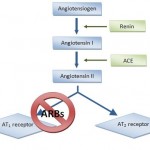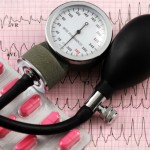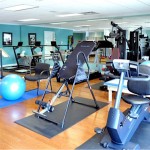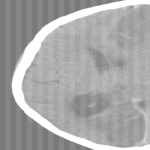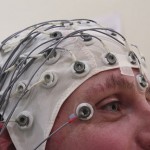 The US Food and Drug Administration (FDA) has approved another once-daily extended-release formulation of topiramate (Qudexy XR, Upsher-Smith Laboratories Inc), the company announced.
The US Food and Drug Administration (FDA) has approved another once-daily extended-release formulation of topiramate (Qudexy XR, Upsher-Smith Laboratories Inc), the company announced.
It is indicated as initial monotherapy in patients 10 years of age or older with partial-onset seizures or primary tonic-clonic seizures, and also approved as adjunctive therapy in patients 2 years of age or older with partial-onset seizures, primary generalized tonic-clonic seizures, and seizures associated with Lennox-Gastaut syndrome.
The new formulation is available in 25-, 50-, 100-, 150-, and 200-mg extended-release capsules, the statement notes. Capsules can be opened and the contents sprinkled on a spoonful of soft food to facilitate dosing. “This makes it the only approved extended-release topiramate product for patients who experience challenges swallowing whole capsules or tablets,” the release adds.

